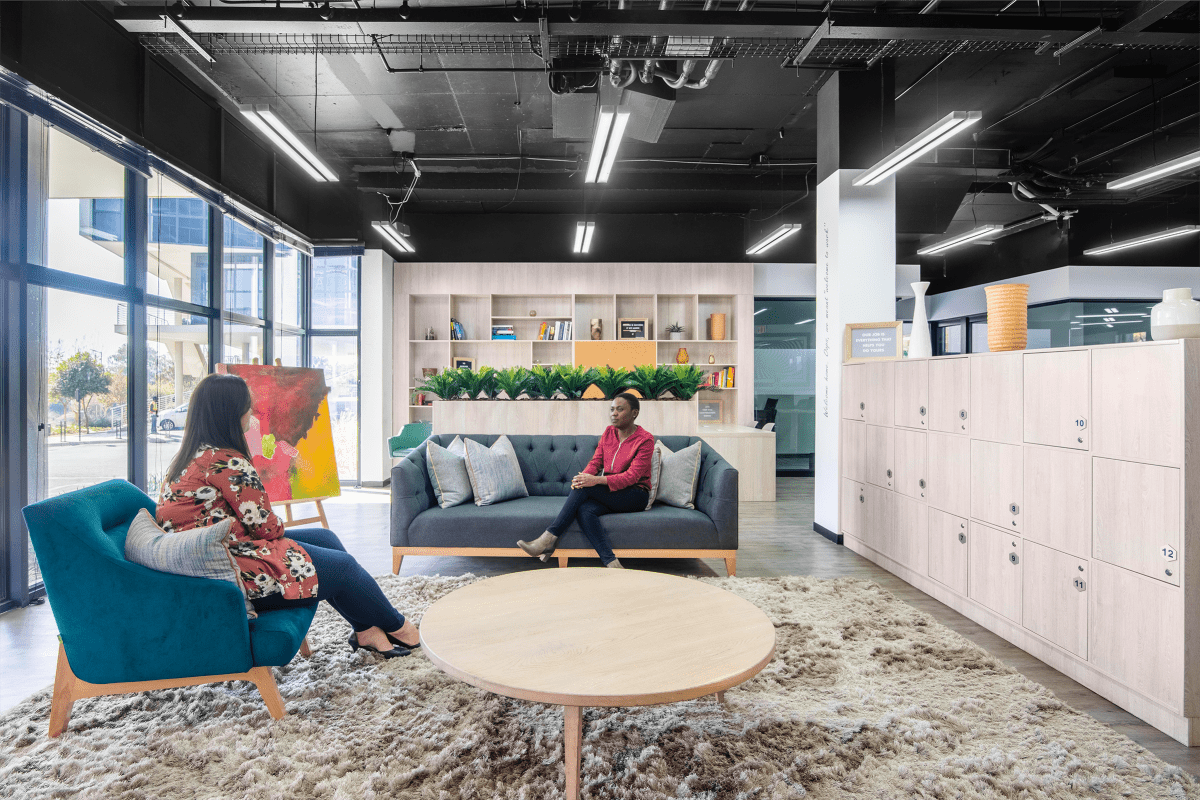Opportunities to franchise flexible workspace during Brexit uncertainty boosts sector growth
31st January 2020 marked the withdrawal of the United Kingdom from the European Union. But in the months and years prior to Brexit Day, if there’s one word that’s been synonymous with Brexit, it’s been "uncertainty."
A recent report by the Bank of England found that confusion over what the post-Brexit future holds had already had a detrimental impact on the UK economy, as both companies and consumers look to tighten their belts.
And while the withdrawal agreement has finally been rubber-stamped, much remains unclear about what the ramifications will be.
Trading agreements, tariffs and a whole swathe of legal and economic rules are still yet to be established. “Although the withdrawal agreement is settled, a free-trade agreement is a long way off,” says Gavin Whitney, a partner at international law firm Fladgate LLP. “This means a great deal of uncertainty remains and businesses, being risk-averse, are less willing to commit to new and long-term leases.”
Not knowing what’s around the corner means companies need to be smart about how they deal with any potential fallout. One way of doing so is by taking advantage of flexspace opportunities. This model allows companies to avoid the potential financial pitfalls of being tied in to long-term leases, while also allowing them to easily scale down when they fear a bump in the road, and scale their operations back up again when the time is right.
“This presents a huge opportunity for the flex market,” says Whitney. “It offers space on a short-term basis, and the flexibility businesses require to respond to their potential change of needs.”
With over three decades of experience in the flexible workspace market, IWG currently has 3,400 centres around the world. Its flexible-working brands, which include Regus, Spaces and HQ, offer things such as superfast broadband, meeting rooms and virtual office services. Crucially, they also offer businesses the ability to scale up and down as demand dictates, enabling them to respond to any Brexit headwinds and keep costs in line.
Another potential boon to firms craving this flexibility in business post-Brexit is that IWG is currently expanding its offer beyond the major and capital cities, with sites in smaller towns and cities that may not have always been on a company’s radar.
Locating operations closer to a potential workforce and client base allows firms to reduce transport costs and makes it easier to attract top talent. Much of this growth outside of major towns and cities is being driven by partnerships between IWG and local franchisees, with the company providing structured floor plans, IT, marketing and expert advice to would-be partners.
The potential benefits are huge – for everyone. The flexible office space market will contribute $254bn (£196bn) to smaller towns, cities and suburbs over the next 10 years, according to a report by Development Economics and commissioned by Regus.
The Brexit 2020 factor is yet another driver for a franchise market that has been growing rapidly in recent years, providing would-be partners with the chance to access an industry that shows no signs of slowing down. Indeed, according to real-estate advisors Jones Lang LaSalle, the market is set to grow up to 30% annually over the next five years, with franchising is a key part of that growth.






